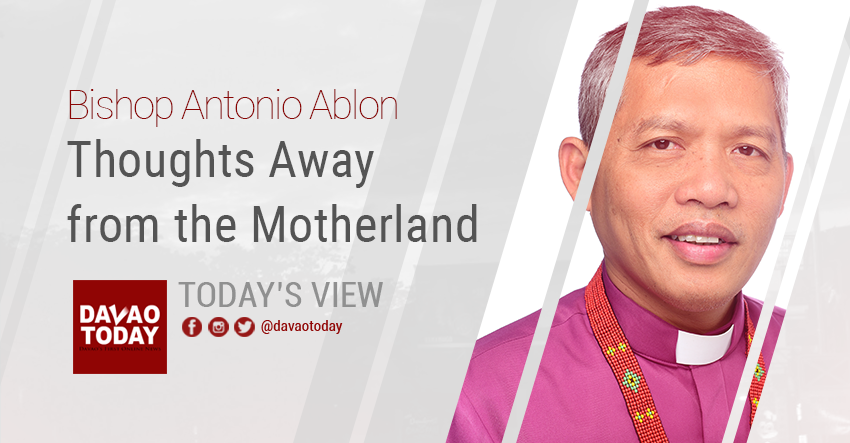As someone who values peace, justice, and equality, I find it important to reflect on the ongoing efforts to bring peace to our country.
The arrest of Pastor Apollo Quiboloy marks a significant moment in the country’s struggle for justice, yet it exposes the deeper, more entrenched problem of Philippine politics—its systemic rot.
Despite celebrating over a century of formal independence from foreign colonial powers since 1898, the Philippines has yet to achieve true sovereignty and self-determination.
In a world fraught with uncertainty, where the allure of overseas employment often masks the harsh realities of exploitation and separation, Migrante Europe’s stance against Marcos Jr’s cha-cha serves as a beacon of hope.
As we observe the solemnity of Holy Week through various traditional practices, my thoughts are drawn to our kababayans (fellow Filipinos) abroad who mark this significant occasion far away from their homeland.
The visit to Germany of Ferdinand Marcos Jr., the scion of the notorious Marcos family, signifies more than just a routine diplomatic visit. It encapsulates a convergence of historical legacies and contemporary challenges.
Even in the absence of Duterte’s outspoken criticism, it is evident that the Marcos family harbors a desire for prolonged political dominance.
The term “Andok” might be familiar to some, or perhaps it’s a new designation for those acquainted with the more widely known “TNT” or “Tago-Ng-Tago.” This label pertains to Filipinos who have chosen to go into hiding to evade migration laws in foreign lands.
Engaging in conversations with seafarers has deepened my understanding of the profound sacrifices they make for their families and our country.
Those back home must recognize that the challenges faced by OFWs extend beyond the visual narratives shared online.

